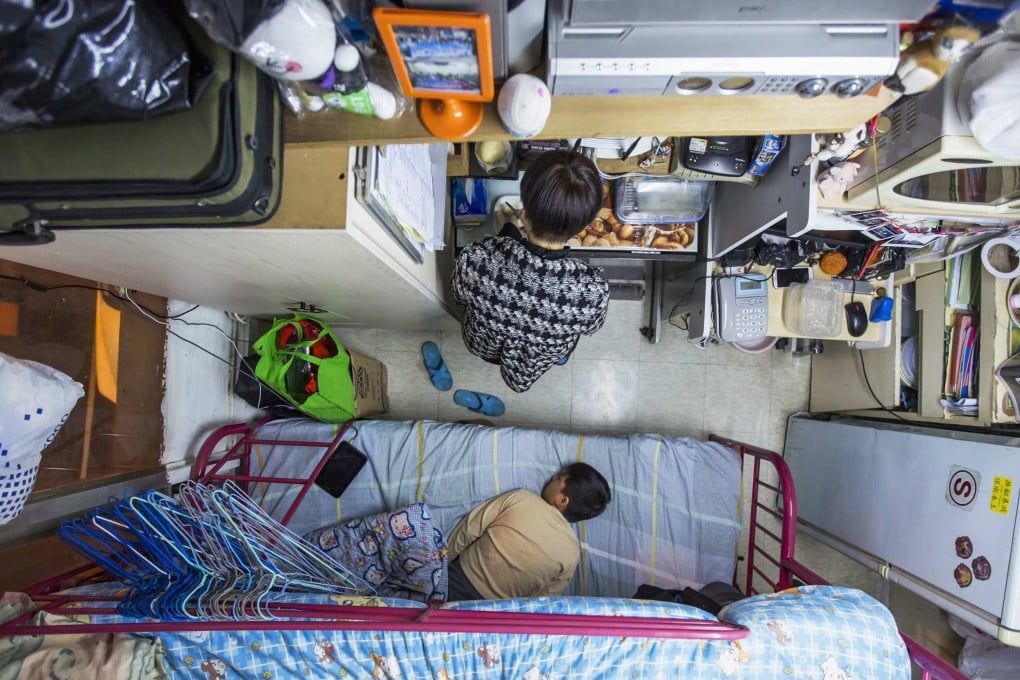Opinion | Hong Kong is stuck in a high land price trap. Qing dynasty China holds many lessons
- In the late Qing dynasty, with its highly developed farming economy, there was no incentive to innovate to meet the needs of the burgeoning population
- Hong Kong, faced with increased demand for housing, persists in pursuing a high land price policy instead of thinking out of the box

By many accounts, China’s economy during the Ming dynasty (1368-1644) was the largest in the world. Political scientist Samuel Huntington estimated that China accounted for almost a third of the world’s manufacturing output in 1750, but its share then declined steadily.
China in the late imperial period was not closed to the Western world. Many Western inventions, such as cannons, handguns, clocks, telescopes and microscopes, were imported and successfully imitated. Yet the scientific and industrial revolutions which transformed the means of production in the West swept past China without creating any impetus for technological revolution.
The “great divergence” in China’s economic performance from that of its European counterparts during this period has been the subject of many scholarly inquiries. Historian Mark Elvin concluded that China missed the opportunity for an industrial revolution because it was caught in a “high-level equilibrium trap”.
By the late Qing dynasty, China’s farming economy had become highly developed. But labour had become so abundant (the population in 1850 reached over 400 million), improvements in traditional farming and transportation technologies had reached their limits, and additional resources (land and labour) were unable to support higher crop output on a per mou (0.165 acre) basis.
As a result, farmers had no incentives to adopt new, disruptive technologies to boost output. China became trapped in a pattern of “quantitative growth” but also “qualitative standstill”.
Many analogies can be drawn between the late Qing situation and Hong Kong’s predicament.
